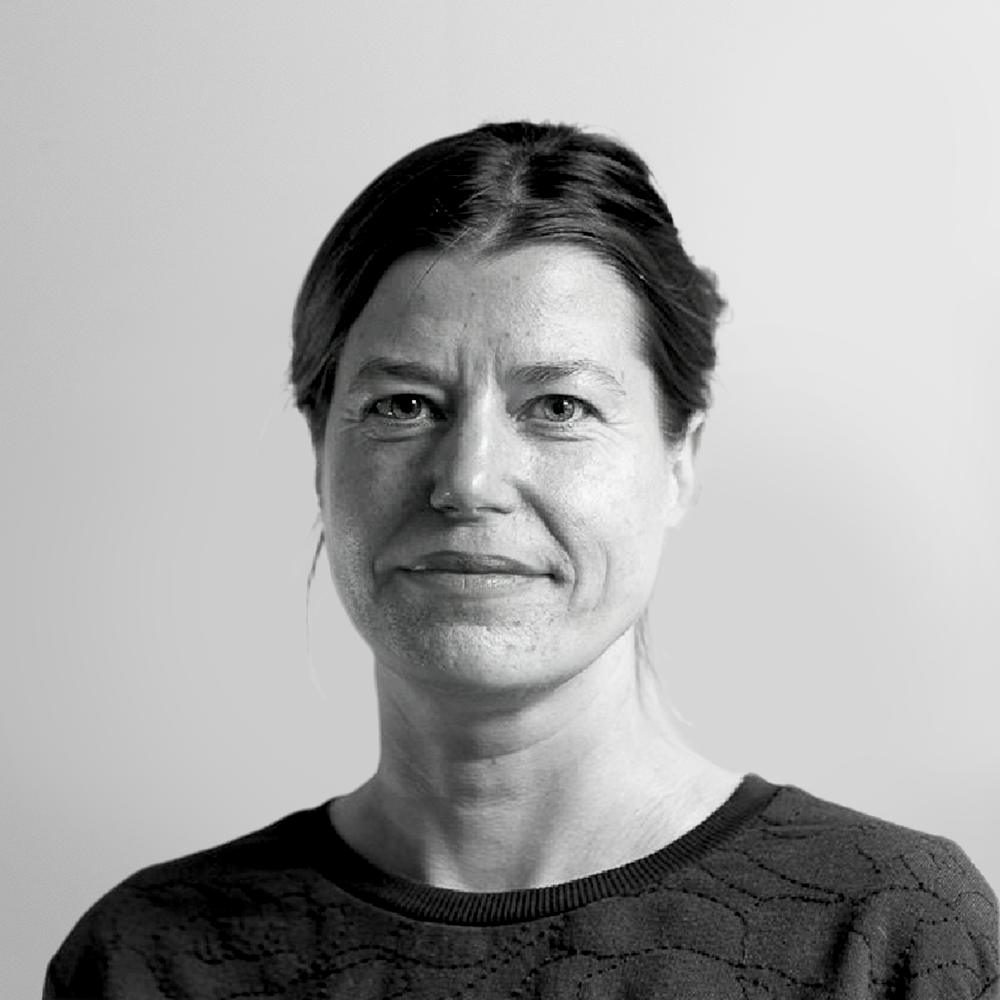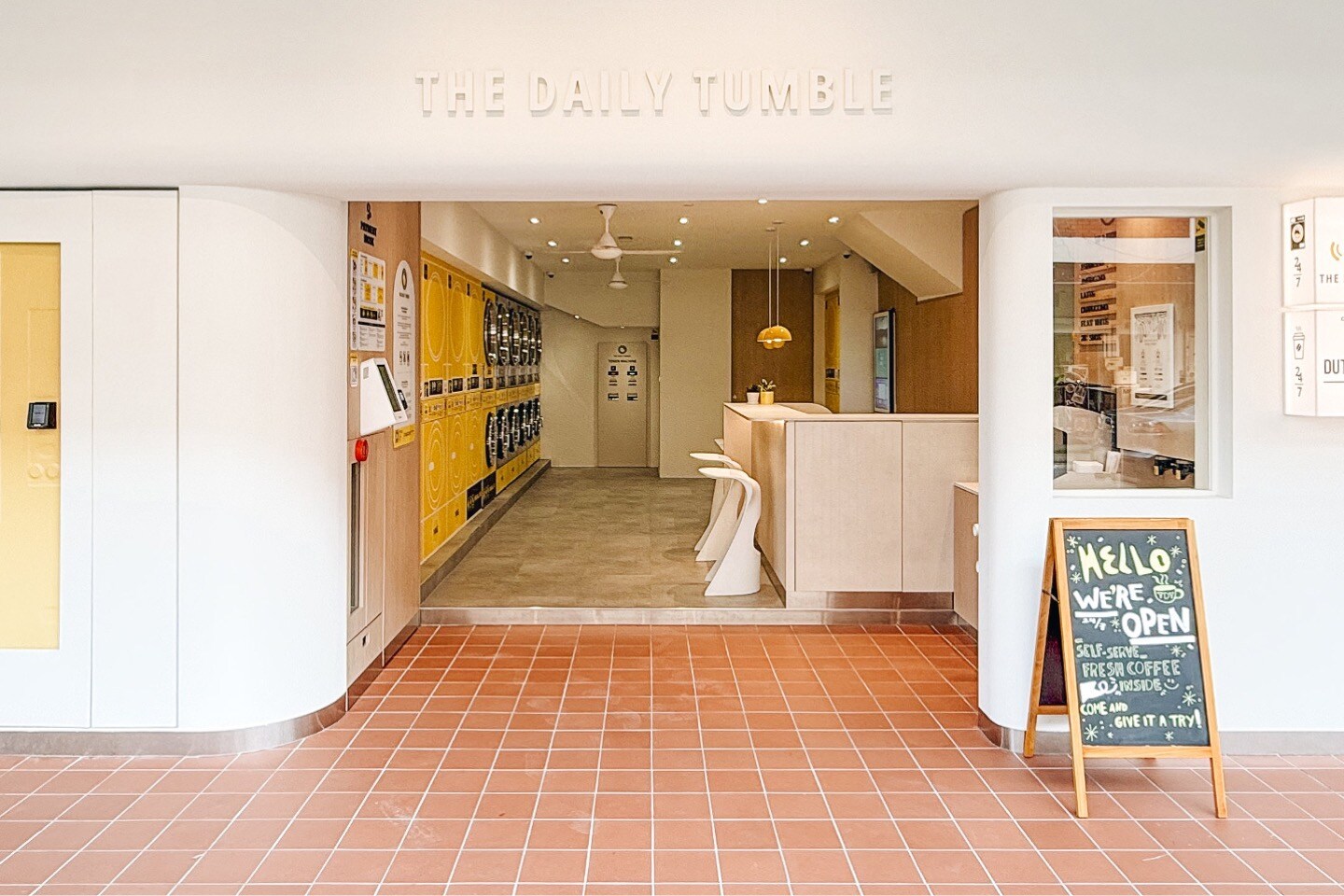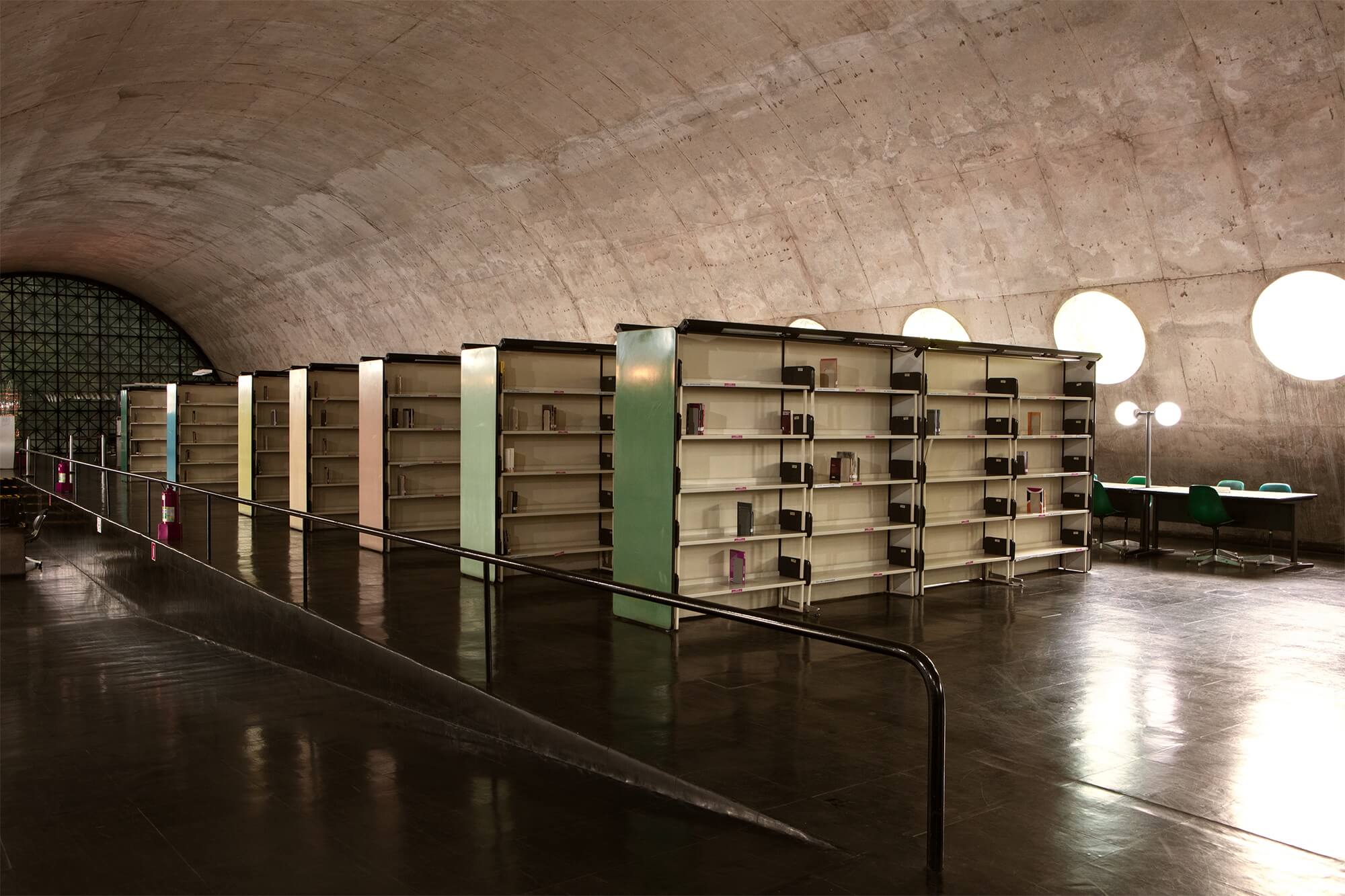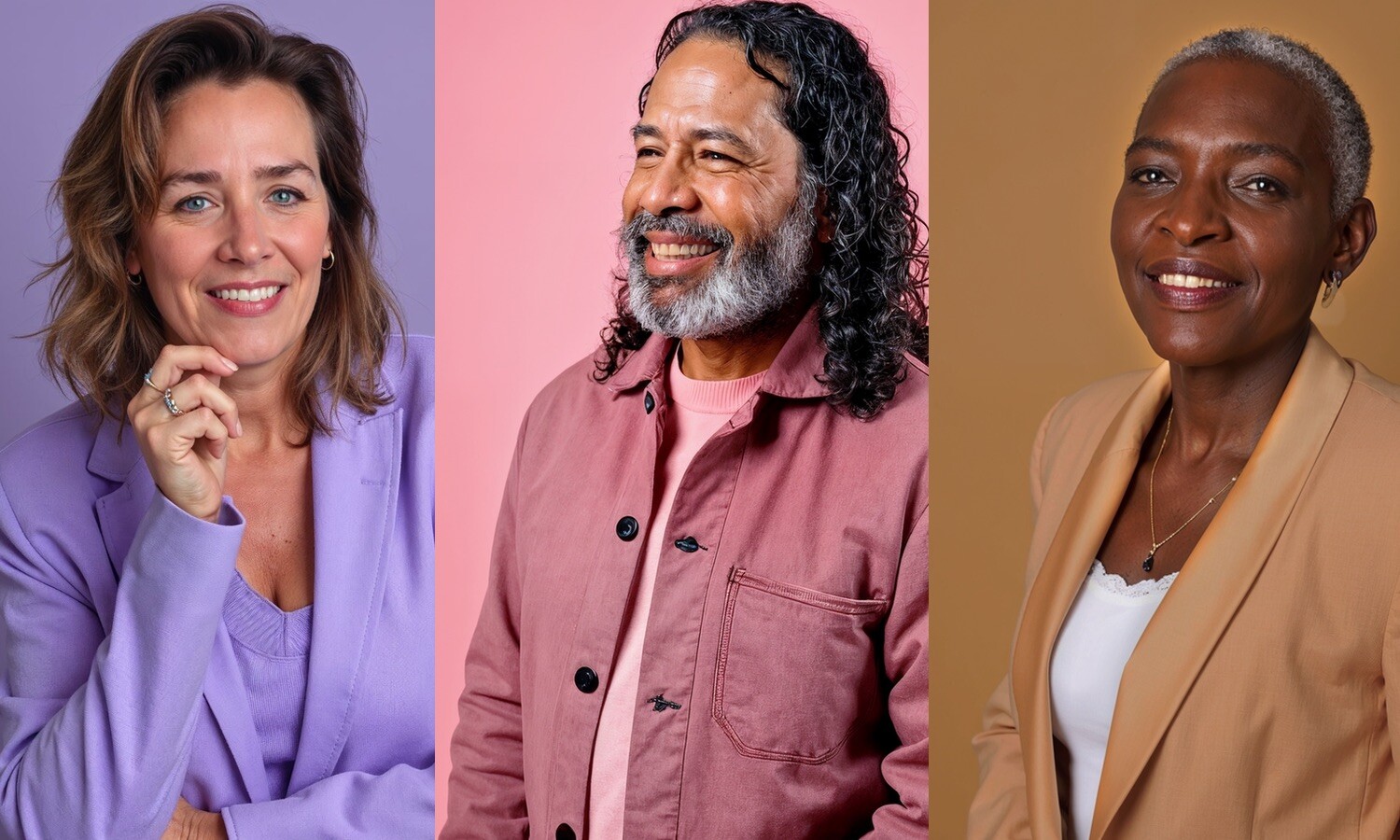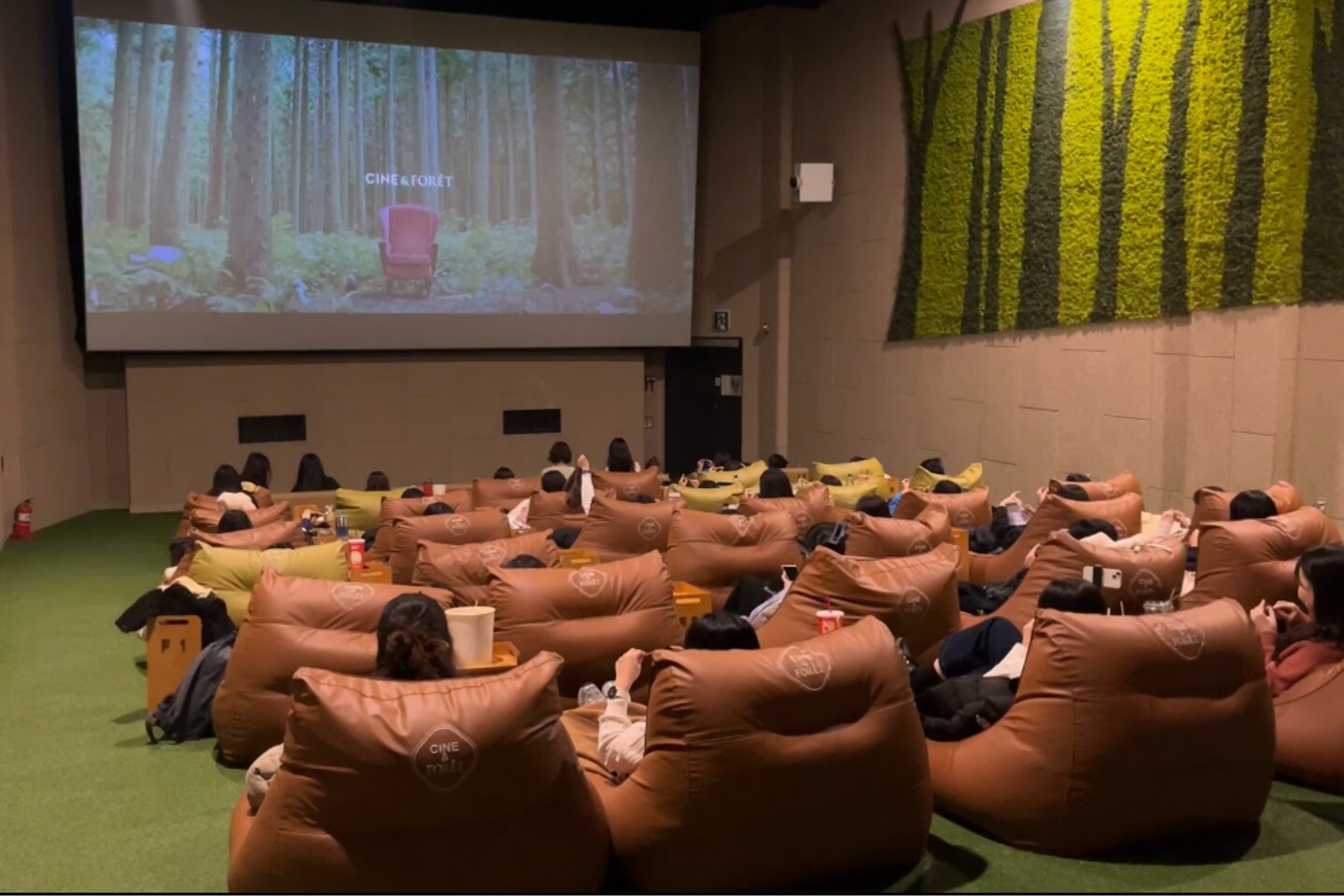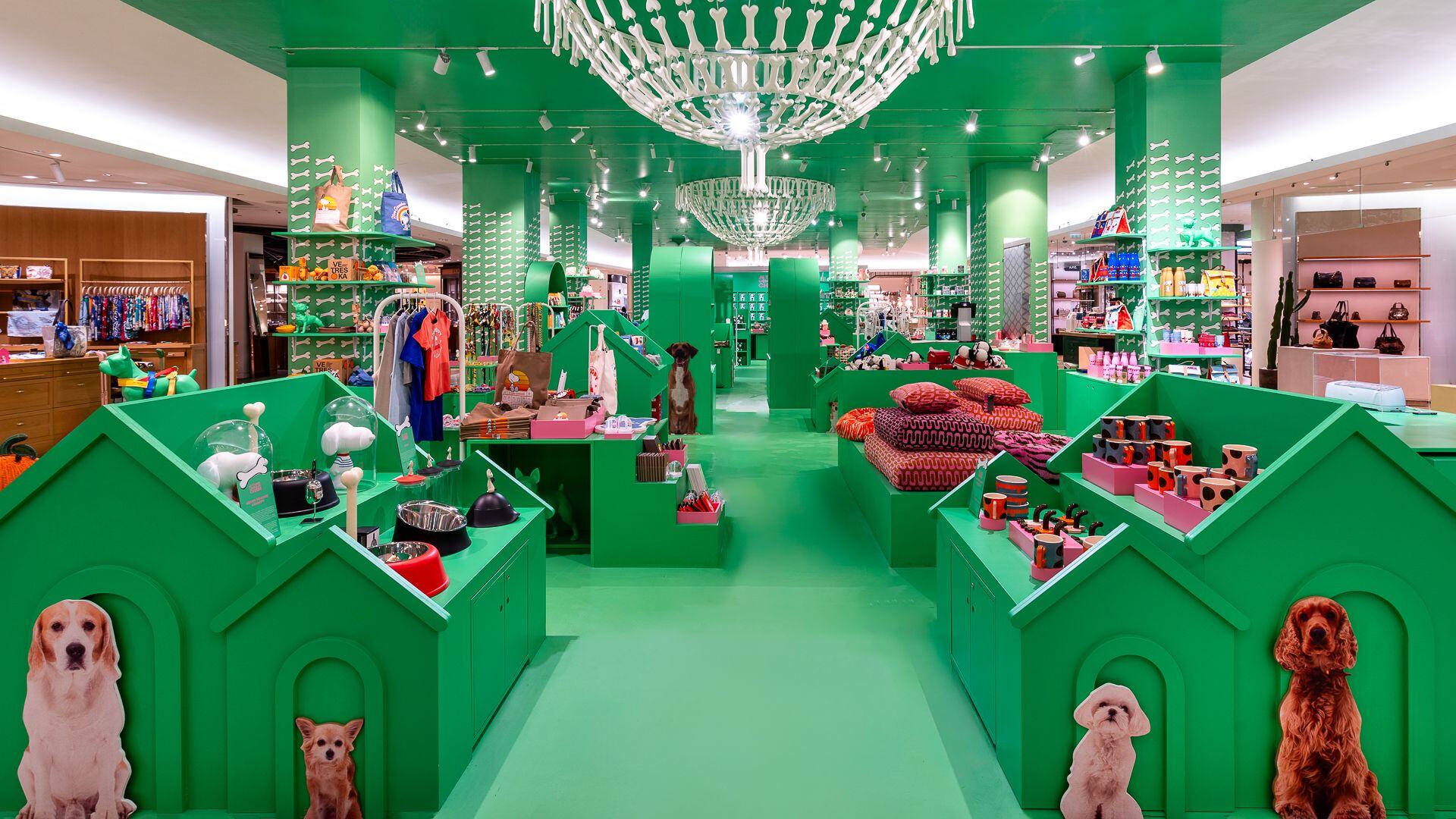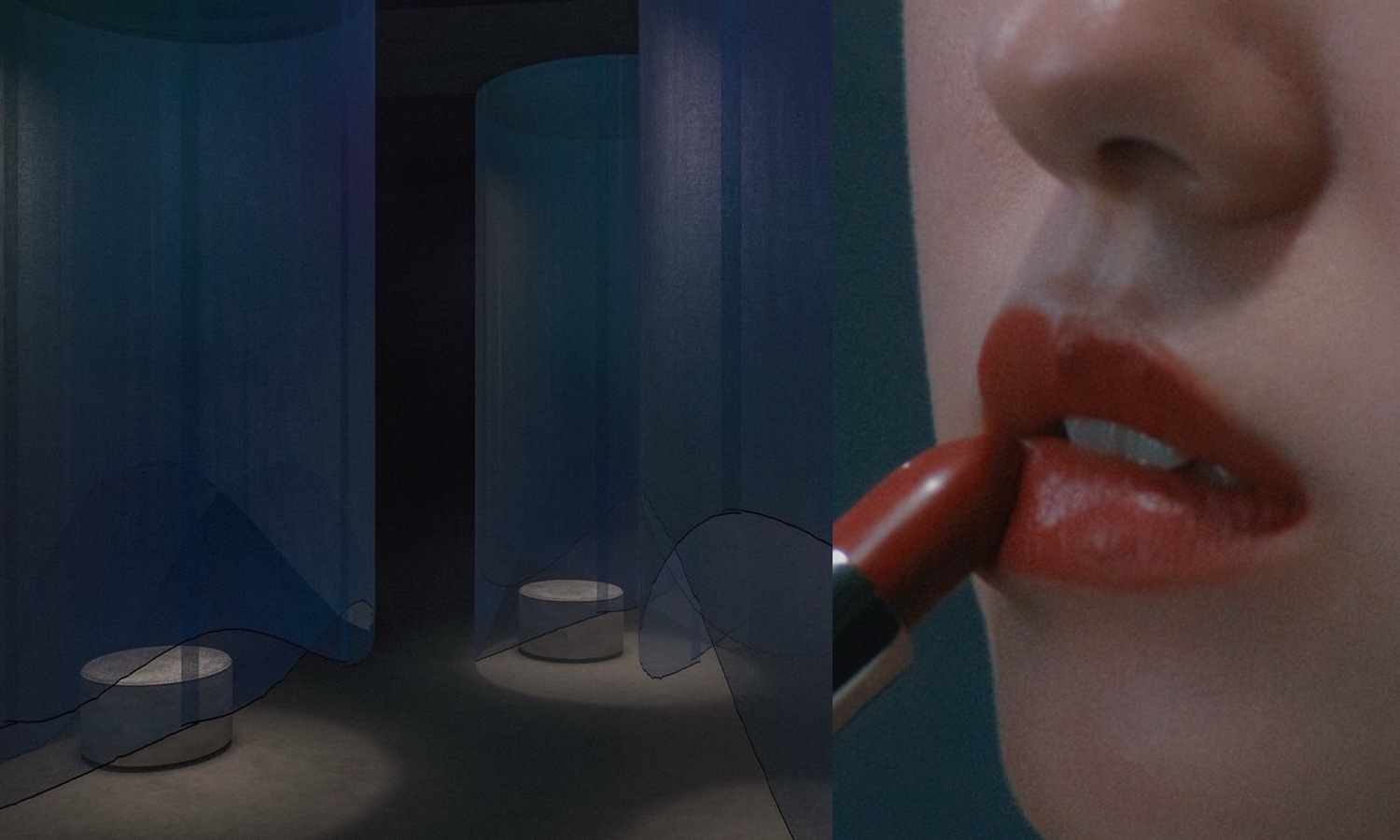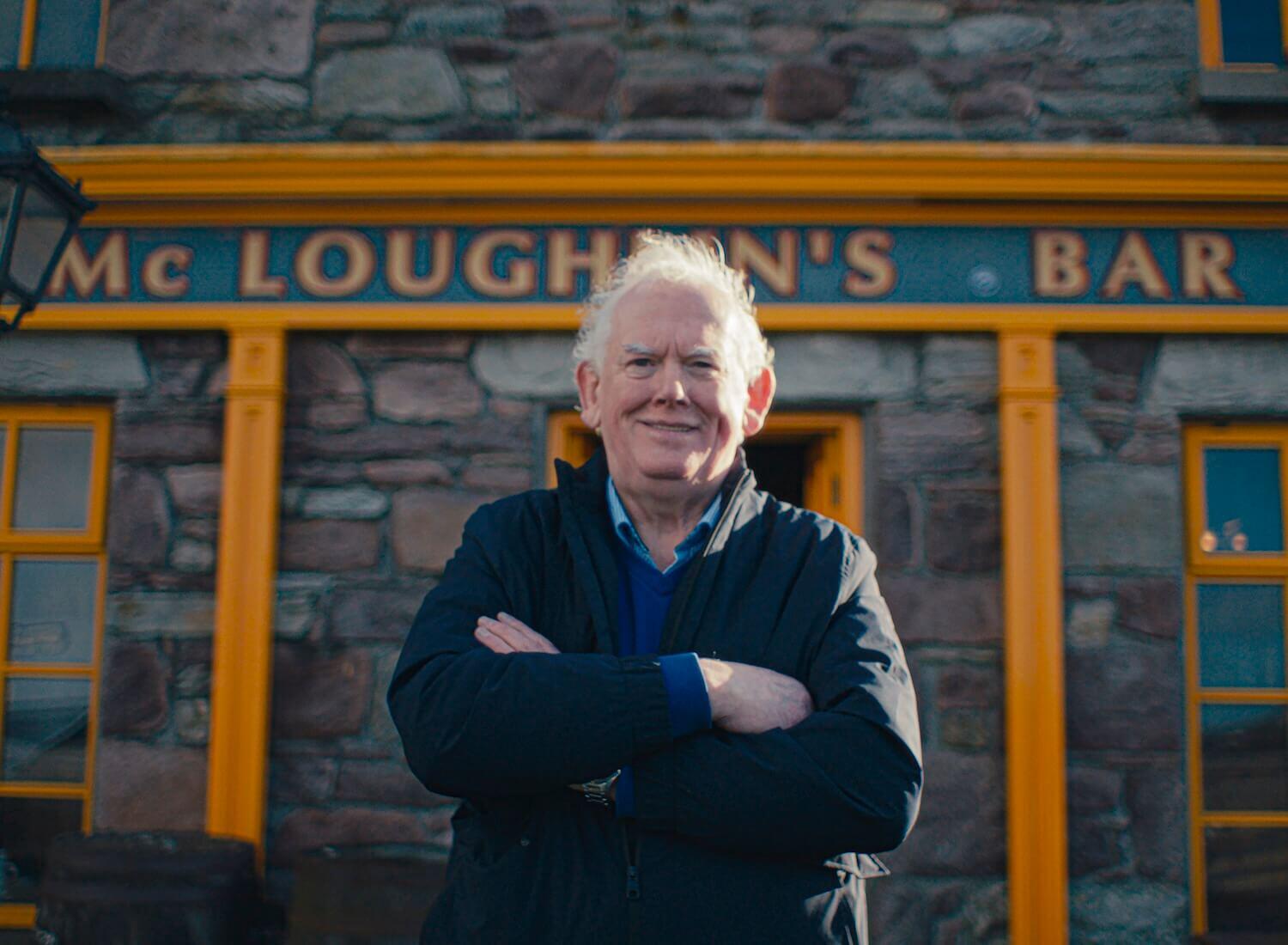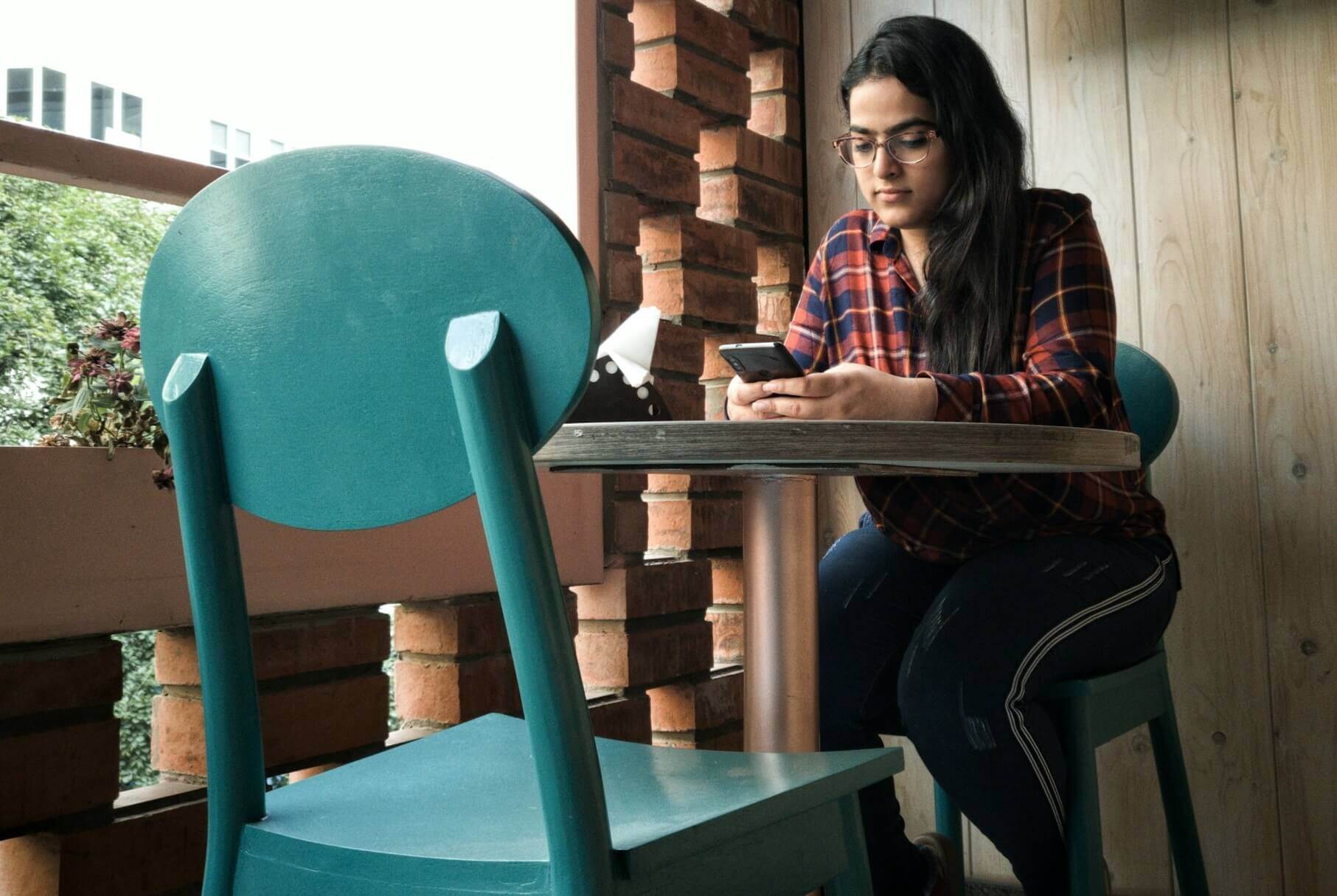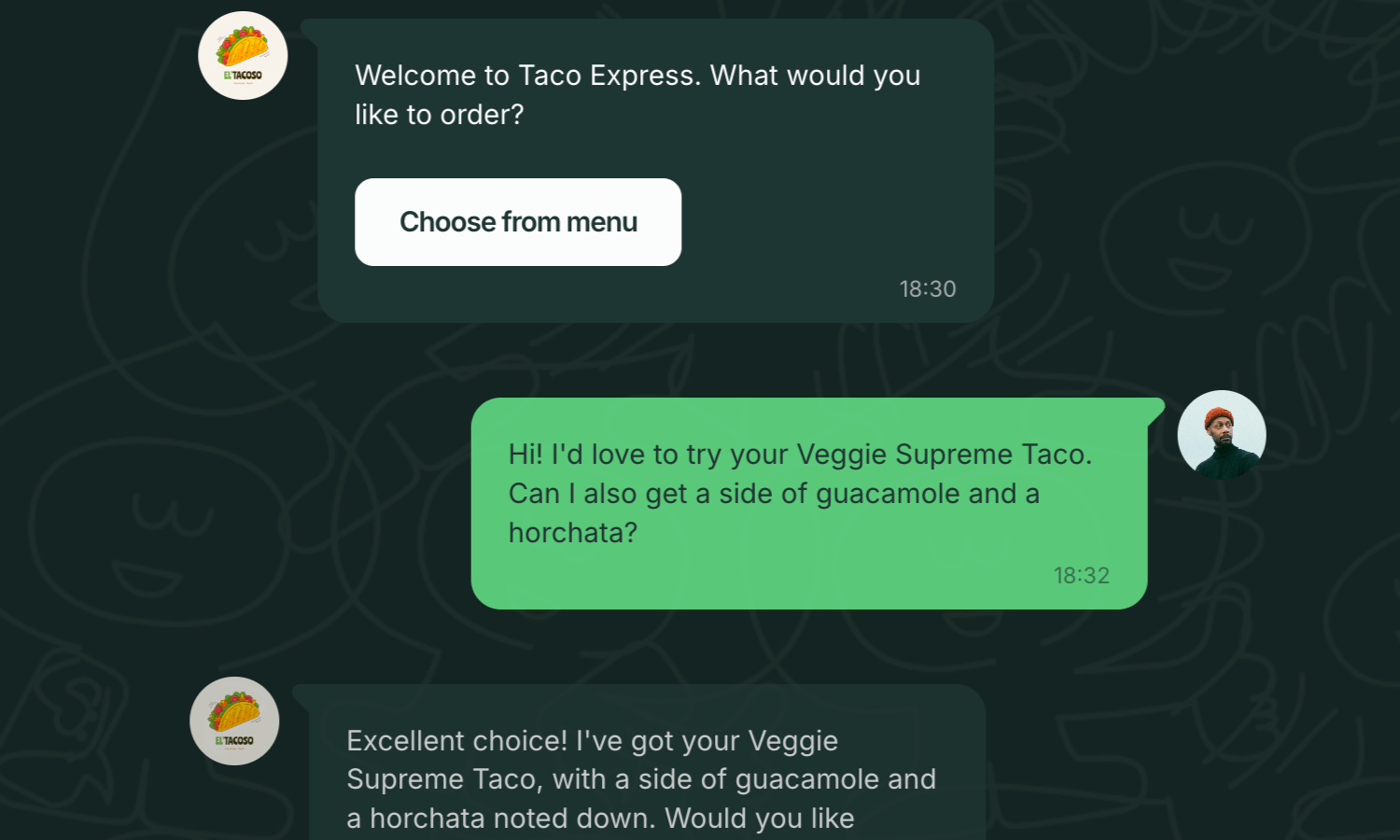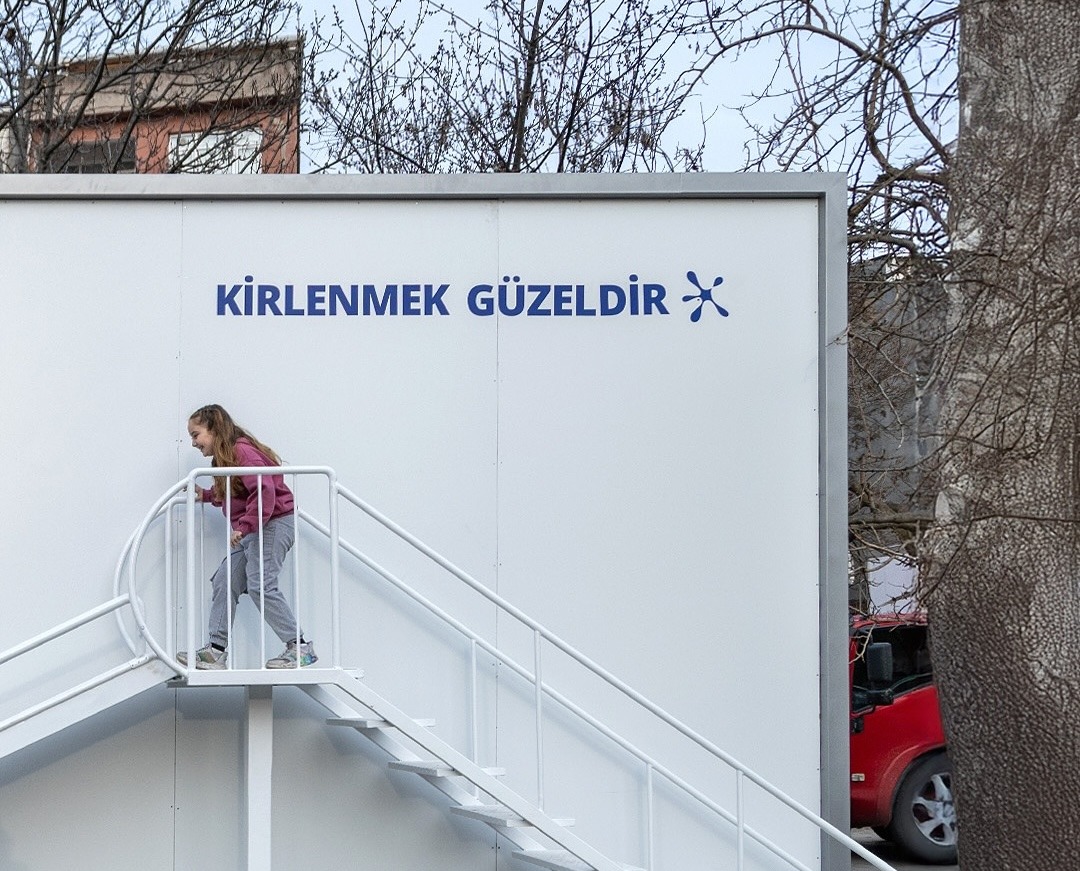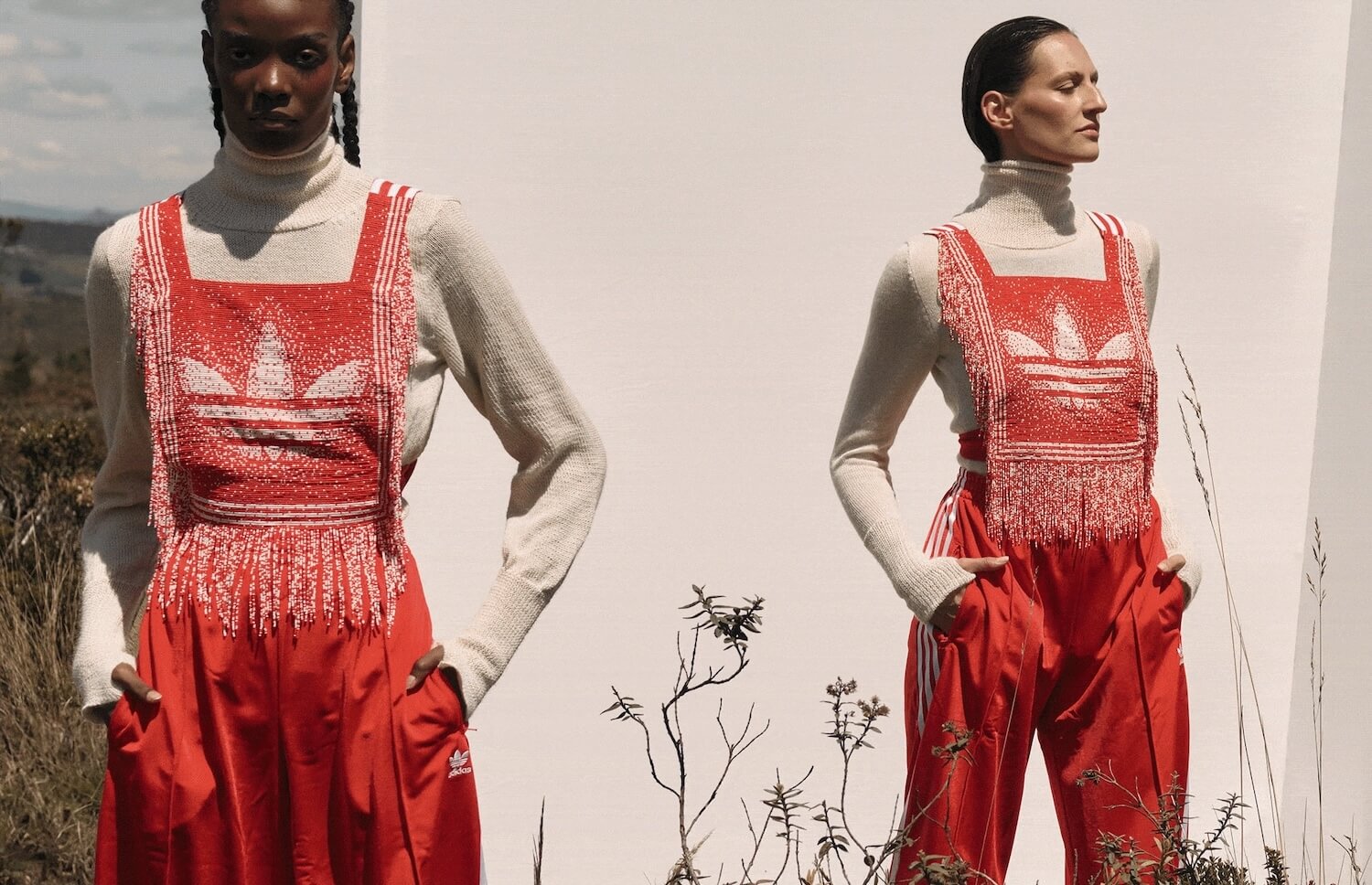Reliable cue to get people talking about what’s wrong with society? Netflix and co. Take Adolescence, Netflix’s latest record-breaking hit — it’s not just bingeable, it’s igniting debate about the toxic grip social media holds on teenage boys. Over on HBO, White Lotus season 3 isn’t just stirring (sorry, spoiler) incest discourse — it’s tackling political theology, too. And Apple TV+’s Severance made headlines not only for its interactive pop-up installation at NYC’s Grand Central in January but also for its chilling take on surveillance and workplace drudgery. Separating office memories from personal ones — utopian dream or straight out of Black Mirror?
💡 The Severance Effect: British workplace mental health platform Unmind found that 46% of Gen Z (and 35% of all Brits) would actually choose to be ‘severed’ if they could — a telling stat when the majority of global employees have considered quitting for their mental wellbeing.
🎭 The study also highlights how employees mask their true selves at work:
- 33% of workers admit to pretending they’re busy to look productive — jumping to 47% for Gen Z
- 38% have a ‘work persona’ that doesn’t match their true self — climbing to 52% among Gen Z
- 44% of Gen Z say their job consumes too much of their identity, making it hard to separate work from life. Since Severance-style work-life detachment isn’t an option (yet), how can brands help employees unplug — and drop the workplace act?
💬 From screen to scene: Whether it’s Severance, Adolescence or the next big binge, what shows are your customers talking about? Pop culture isn’t just small talk — it’s a powerful bridge to tackle tough, taboo topics, from social media toxicity to workplace burnout. Even awkward convos between coworkers, families or reality TV couples (Love is Blind, anyone?) feel easier when reframed through a cultural lens.
🤯 Beyond the buzz: In a content-cluttered, chaos-fueled economy (where even Gen Z is burnt out on micro-trends), brands need a clear, thoughtful point of view — not just gimmicky collaborations. Does your brand care about employees’ mental health, tackling the manosphere or bridging socio-political divides? If so, make sure your messaging reflects that.


